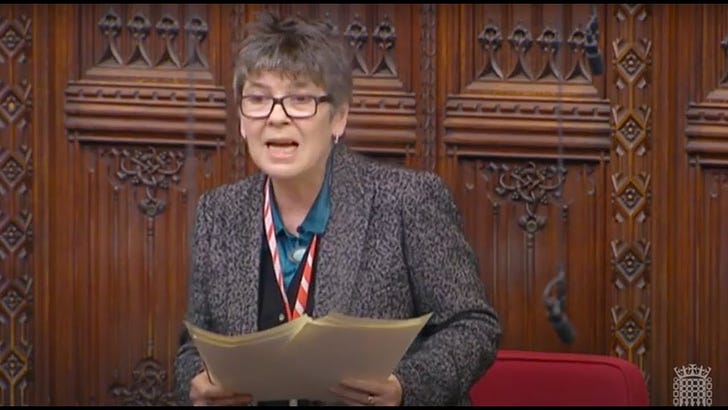The public outrage that followed the discovery of several ‘forced labour’ labels sewn into clothes stocked by budget clothing shop Primark has brought the issue of the ethics of the supply chain back into the headlines. Just what is the real cost of cheap goods in the West? In April 2013, 1,100 people – including garment workers who had been producing clothes for UK retailers - died when the Rana Plaza commercial block in Bangladesh collapsed. Earlier this year, the Guardian claimed fishmeal used to produce farmed prawns for UK supermarkets was produced using fish caught with slave labour. These revelations fit into a history of claims made about ‘sweatshop’ conditions faced by workers producing everything from fashionable footwear to top-of-the-range consumer electronics. However the problem is not restricted to developing countries, as cases of exploitation and abuse of labourers continue to emerge across the UK, too.
Some have called for UK retailers to boycott firms or even entire countries that allow unacceptable working practices. After the Rana Plaza disaster, Labour MP Michael Connarty demanded legislation to force UK firms to audit their supply chains. But others believe boycotts do more harm than good and that a better solution is to maintain commercial links while demanding suppliers improve and work towards higher standards. As a recent report by the British Retail Consortium notes: ‘Retailers drive positive change by embedding certain values and standards in their supply chain that are central to its brand and which address specific issues or concerns that are important to their customer base.’ Withdrawing entirely from a country, some argue, would actually make things worse by causing thousands of relatively poor people to lose their jobs. What is more, given the long and complicated international supply chains that big retailers deal with today, is it really possible to ensure goods are produced in an ethical fashion? Or do we need ever more scrutiny of big businesses to ensure they don’t turn a blind eye for the sake of profit?
While retailers debate how best to restore trust and demonstrate that their products are ethically sourced – for example, by making details of supply chains more transparent - shoppers are under pressure to ‘buy responsibly’. Maybe it makes business sense, too, as ethical fashion labels have become trendy and no doubt attract higher profit-margins than low-cost clothing. However, some commentators warn against demonising those who seek out cheap bargains or undermining the harmless joys of shopping by turning retail therapy into an anxious moral maze of label-checking.
Is virtuous shopping really a case of guilt-ridden consumers in the West showing off their consciences rather than helping exploited producers? Or is it at least better than nothing, a morally worthwhile alternative that reminds us of our responsibility to others? Could clumsy interventions by retailers, responding to pressure from campaigners, make things worse rather than better for developing-world workers? Should concerns about working conditions be dealt with by governments and workers in the producing countries rather than by shoppers and stores in the UK?
Speakers Sandy Black professor of fashion & textile design & technology, London College of Fashion, University of the Arts, London; editor and co-author, The Sustainable Fashion Handbook; author, Eco Chic the Fashion Paradox Barbara Crowther director of policy and public affairs, Fairtrade Foundation Andrew Opie director for food and sustainability, British Retail Consortium Nathalie Rothschild freelance journalist; producer and reporter for Sweden's public service radio Chair Jason Smith partnerships coordinator, Debating Matters Competition; freelance journalist; co-founder, Birmingham Salon











